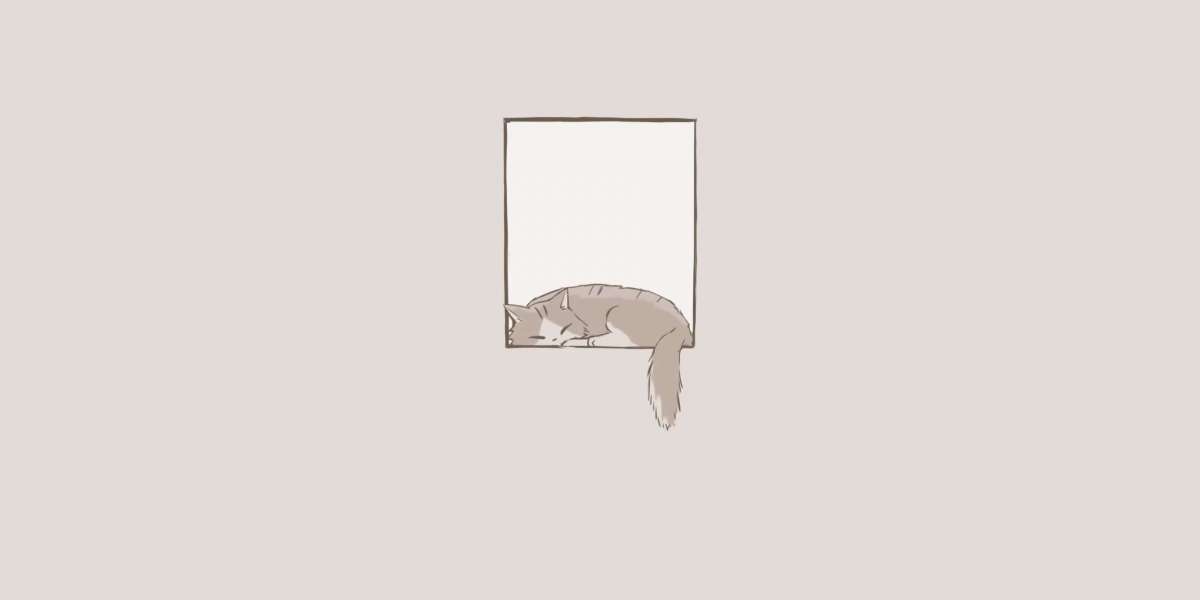In a world increasingly conscious of sustainable living and environmental preservation, coir stands out as a versatile and eco-friendly marvel. Derived from the husk of coconuts, this natural fiber has found its way into various aspects of our daily lives, offering a range of benefits that extend from agriculture to home decor. Let's delve into the world of coir and explore the reasons behind its rising popularity.
Agricultural Advantages:
One of the primary uses of coir lies in agriculture, where it serves as an excellent alternative to traditional soil amendments. Coir fiber's moisture-retaining properties make it an ideal choice for enhancing soil structure and promoting plant growth. Its ability to retain water while allowing proper aeration contributes to healthier root development and improved nutrient absorption. Farmers around the globe are increasingly turning to coir as a sustainable and effective solution for cultivating a wide array of crops.
Eco-Friendly Flooring:
Coir's influence extends beyond the fields and into our living spaces through eco-friendly flooring options. Carpets and rugs made from coir fibers add a touch of natural elegance to homes, providing a durable and sustainable alternative to synthetic floor coverings. The manufacturing process of coir-based flooring involves minimal environmental impact, making it a choice that aligns with the principles of eco-conscious consumers.
Biodegradability and Renewability:
One of the most significant advantages of coir is its biodegradability. Unlike synthetic materials that contribute to environmental pollution, coir decomposes naturally, leaving behind no harmful residues. Additionally, coconuts are a highly renewable resource, with coconut trees producing new husks regularly. This makes coir a sustainable option that reduces the ecological footprint associated with various industries.
Gardening and Landscaping:
Coir's water retention properties make it a valuable component in gardening and landscaping. As a soil conditioner and mulching material, coir helps conserve water, reduce soil erosion, and enhance overall soil health. Gardeners appreciate coir's ability to strike a balance between moisture retention and drainage, creating optimal conditions for plant growth. Its resistance to decay ensures a long-lasting impact in outdoor applications.
Versatility in Home Decor:
Beyond its functional uses, coir has found its way into the realm of home decor. The aesthetic appeal of coir-based products, such as doormats, wall hangings, and furniture, has captivated interior designers and homeowners alike. The natural texture and earthy tones of coir lend a timeless charm to spaces, seamlessly blending with various design styles.
Challenges and Solutions:
While coir presents numerous benefits, it is crucial to acknowledge the challenges associated with its production. Issues such as water usage in the processing of coir and the transportation of raw materials to manufacturing facilities can impact its overall sustainability. However, ongoing research and development efforts are focused on optimizing these processes to minimize their environmental impact and enhance the overall sustainability of coir.
Conclusion:
Coir, with its versatility, eco-friendliness, and aesthetic appeal, has emerged as a sustainable solution for various industries and consumers worldwide. From agriculture to home decor, this natural fiber continues to redefine our approach to products and materials, encouraging a shift towards more environmentally conscious choices. As we navigate a future where sustainability is paramount, coir stands as a shining example of how nature's resources can be harnessed responsibly for the betterment of our planet.







